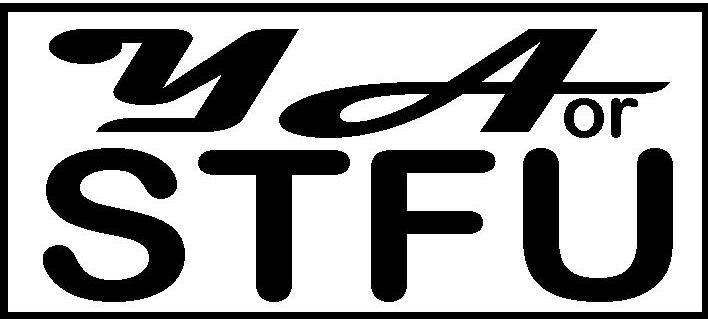Young Adult Literature without Apology
Amy's assessment of contemporary young adult literature, organized by author and title, censored by noone.
Realistic | Romance | Science Fiction | Historical Fiction | Fantasy | Horror | Mystery
Levine, Gail Carson (2006). Fairest. NY: HarperCollins. ISBN: 0060734086. 326 pages.
Like Levine's Newbery award winning Ella Enchanted, Fairest is a whimsical retelling of a canonical fairy tale; in this case, Levine is tackling "Snow White." Fifteen-year-old Aza is the foundling daughter of an innkeeper and his wife in the medieval-like town of Ayortha, a town in which song is one of the primary forms of expression. The best singer in town, Aza is also the least attractive: In her words, "My skin was the weak blue-white of skimmed milk, which wouldn't have been so bad if my hair had been blond and my lips pale pink. But my lips were red as a dragon's tongue and my hair as black as an old frying pan"(p. 3). Sound familiar? When Aza accompanies a duchess to the coronation of a new queen, the secret skill she calls "illusing" (a form of song-ventriloquism and mimicry) is discovered by the queen herself, who bribes Aza to illuse for her. What sounds like a pretty sweet deal goes rapidly downhill when the new queen's inexperience as a ruler leads her to offend the nation and results in Aza's imprisonment and, eventually expulsion.
Like Ella Enchanted--which I loved, by the way--Fairest twists a known fairytale by recasting and congratulating the traditional heroine for something besides her beauty. Eventually, Fairest hits all the plot points expected from a retelling of "Snow White" (life with the "little people", the poisonous apple, the prince); however, by the time these familiar bits come around, Levine's unique story is the focus and these aspects are seen in a new light.
While I don't normally appreciate poetic interludes in a young adult novel, in the case of Fairest, I really found myself enjoying reading the text of the "songs" sung by the citizens of Ayortha. Absent any textual "set-up" that would lead me to expect capital-P "Poetry," I found I could handle the song/poems a bit better in context and even appreciate their beauty and lyricism.
